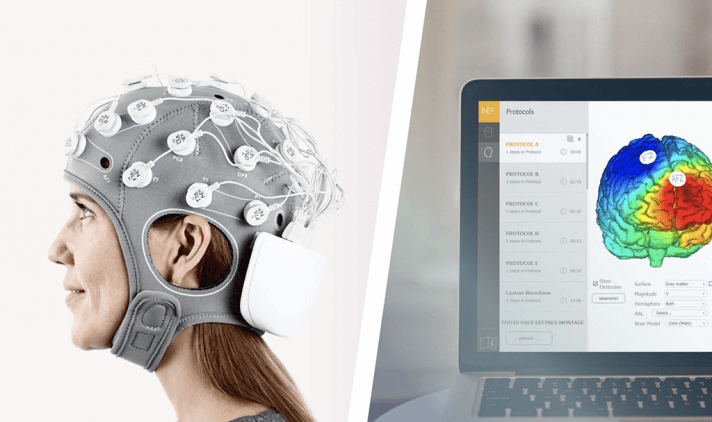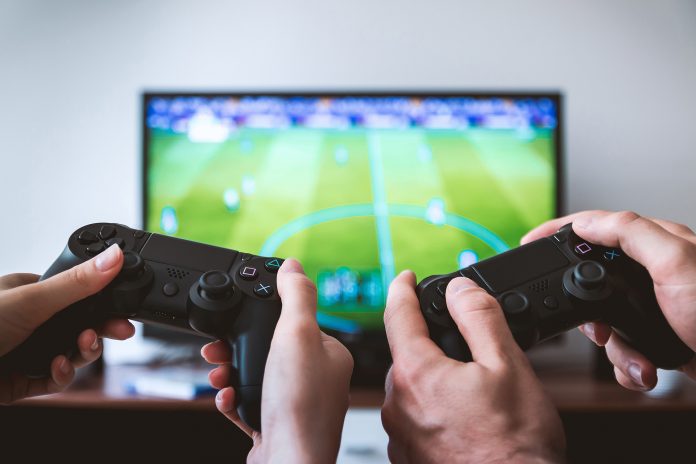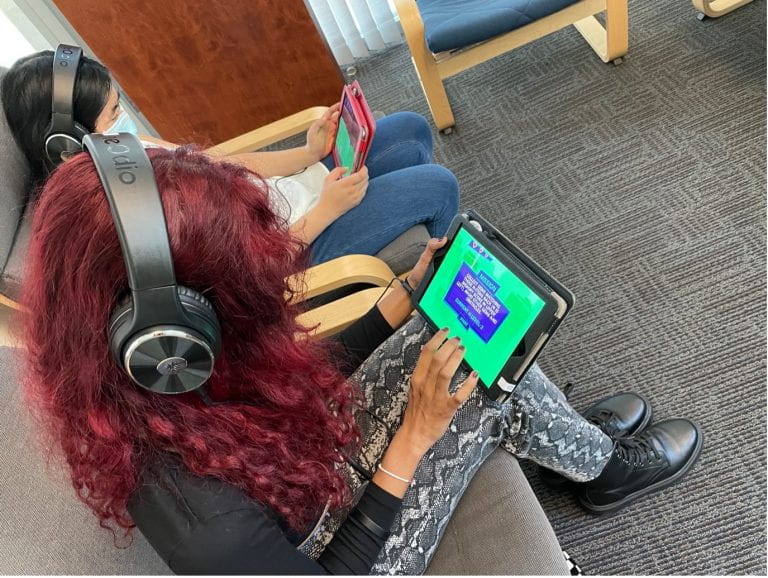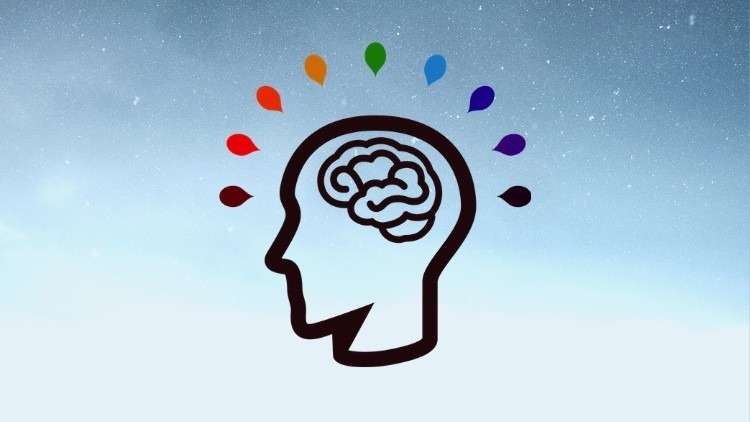Posts Tagged ‘working-memory-training’
Combined tDCS neurostimulation and cognitive training found to improve working memory among older adults–especially those with lower starting capacity
Giving memory a lift: Can games and brain stimulation do it? (MedicalNewsToday): A person’s working memory may decline with age or if they have dementia, Parkinson’s disease, or have had a stroke. When this occurs, the loss can affect their day-to-day quality of life, turning even simple tasks into often-demoralizing challenges.
Read MoreUpdate: Playing videogames may be more cognitively beneficial than other forms of screentime like social media, watching videos/ TV
Welcome to a new edition of SharpBrains’ e‑newsletter, featuring timely brain & mental health news and a fun brain teaser to put your temporal lobes to good use :-) #1. Study finds that playing videogames may be more cognitively beneficial for children than other forms of screentime (social media, watching videos/ TV) “Here, we estimated the impact…
Read MoreUC study finds near-transfer of cognitive training to be necessary (yet not sufficient) for far-transfer, broader benefits
Who benefits from brain training, and why? (UCI release): If you are skilled at playing puzzles on your smartphone or tablet, what does it say about how fast you learn new puzzles, or more broadly, how well can you focus in school or at work? In the language of psychologists, does “near transfer” predict “far…
Read MoreGiven cognitive strengths and needs are diverse, what brain training may work best for each person and under which conditions?
Does ‘Brain Training’ Actually Work? (Scientific American): If there were an app on your phone that could improve your memory, would you try it? Who wouldn’t want a better memory? After all, our recollections are fragile and can be impaired by diseases, injuries, mental health conditions and, most acutely for all of us, aging.
Read MoreLarge UC study to investigate when and how brain training transfers (or does not) to broader cognitive and health benefits
Nationwide project seeks to understand how brain exercises produce cognitive benefits (UC press release): How does memory training lead to cognitive benefits? Aaron Seitz, director of the Brain Game Center for mental fitness and well-being at the University of California, Riverside, has wrestled with this question for several years. Now he and Susanne Jaeggi, an associate professor…
Read MoreWhy stress regulation and working memory are core building blocks of lifelong resilience
How anxiety affects your focus (BBC Worklife): Feel like you can’t concentrate on anything at the moment? You’re not alone. The extra anxiety caused by the Covid-19 pandemic has impaired our working memory, experts say … What’s happening is a malfunction of working memory: the ability to grasp incoming information, form it into a cohesive thought,…
Read More





